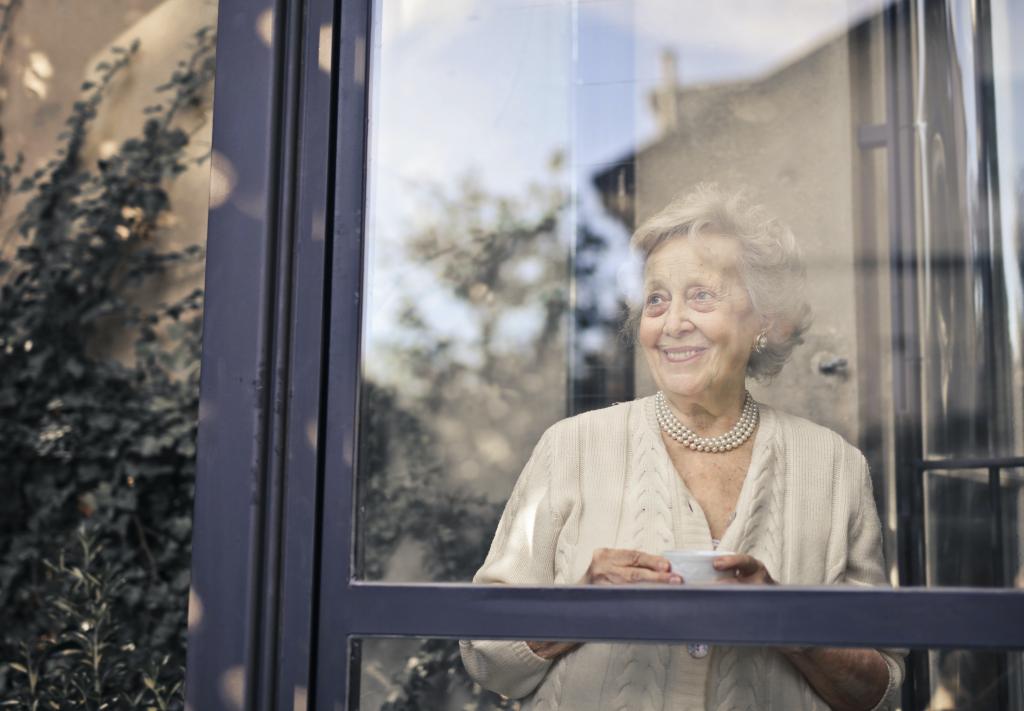Judges can never be sure what goes on within families behind closed doors. As a High Court ruling made plain, however, they are always alert to the danger that, in making their wills, vulnerable or elderly people may be subject to coercion by their loved ones.
By her final will, a woman in her 80s bequeathed her only major asset – her home – to her daughter. Her three sons were left with next to nothing. Included in the will was a declaration in which she criticised her sons for not responding to her calls for help and assistance. She described her daughter, who lived with her, as her sole carer.
Ruling on the sons’ challenge to the will, the Court was entirely satisfied that, despite her failing health and advancing years, she had the mental capacity required to make a valid will. She was suffering from no disorder of the mind that could have poisoned her affections or perverted her sense of right and wrong. She knew and understood what she was doing with her estate.
In nevertheless finding the will invalid, the Court noted that, when she signed the document a few months before she died, she was wheelchair dependent and hard of hearing, and required constant care and attention. The evidence gave rise to a sense that she was in thrall to her daughter and carer, who had a strong personality and a forceful physical presence and on whom she was wholly dependent.
The daughter had not acted fraudulently and genuinely believed that it was right that she should inherit the house. However, the Court reached the inexorable conclusion that she had pressured her mother into making the will. She had applied some form of improper influence over her to procure the gift of the house. There was solid and reliable evidence that the effect of her coercion was that her mother made a will that did not reflect her true testamentary intentions.
The declaration contained language that she would never have used and that, in truth, represented her daughter speaking through her. The will was overturned, with the effect that an earlier will, made 30 years previously, came into effect. By that will, her estate would be divided equally between her four children.
